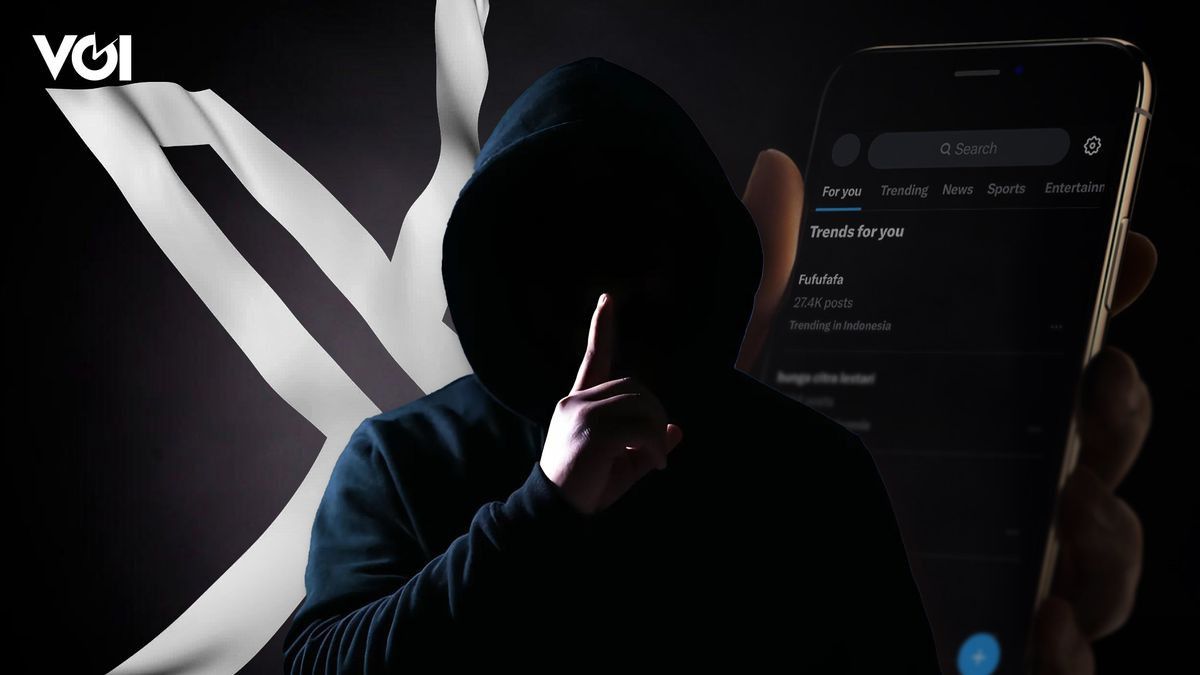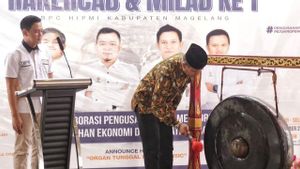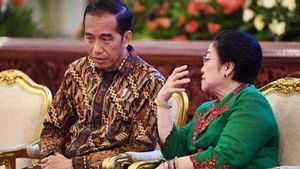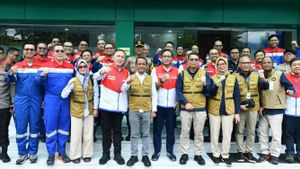Internet is an open space, where anyone free to talk. However, behind that freedom, ethics are often ignored. One real example is the case of a mysterious account named Fufufafa. This account suddenly went viral because it often criticized Prabowo Subianto when he was running as a presidential candidate against Joko Widodo. However, what is more surprising is that this account is also suspected of being related to Gibran Rakabuming Raka, the son of the president who is now the vice president-elect accompanying Prabowo Subianto as president-elect. Speculation and accusations were widespread, but in the midst of all that, ethics in social media seemed to be forgotten.
The story of Fufufafa began when this account appeared on Kaskus, then spread to various social media platforms and the mass media reported it. This account is suspected of being related to a telephone number registered in the Solo Pilkada file under the name of Gibran. Even more surprising, the email connected to this account was found on adult sites, worsening the situation. It didn't end there, netizens who were just topping up the Gopay balance of the Fufufafa account found the name Gibran Rakabuming Raka. However, the name on the account later changed to "Slamet". In all this commotion, one thing is often marginalized: digital literacy and ethics.
Social media does provide freedom of expression, but this freedom is often misused. Wild speculation and accusations without evidence are everyday things. Gibran's case shows how easy it is for us to get caught up in baseless opinions. Low digital literacy makes the situation worse. In fact, ethics in social media are not just about being polite, but the basis of interaction in cyberspace.
When netizens make accusations or insults, they often forget that these actions can have real consequences. One of the most common forms of attacks on social media is body shaming. This is not just a joke. The impact of body shaming can destroy someone's mentality, even triggering depression.
In the case of Fufufafa, although the issue raised was more about digital identity, attacks on a person's physical and character still occurred. Negative comments were thrown without thinking, without thinking about the long-term impact on the victim. Every word, whether in the form of an insult or an accusation, can permanently damage a reputation.
Ironically, in the midst of this hustle and bustle, many forget that freedom of expression must be balanced with responsibility. Random accusations or insults not only harm the intended party, but also worsen the atmosphere on social media. Low digital literacy only strengthens this tendency, and this is what we need to fix.
The Fufufafa case is an example of how dangerous speculation is in cyberspace. Accusations without evidence, because they are associated with Gibran, not only tarnish his name, but also highlight the weak ethics of social media in our society. Everyone has the right to express themselves, but every right also comes with responsibility. We must choose: use freedom to build, or destroy.
Furthermore, problems such as body shaming and online bullying are often ignored. In fact, their impact is very real. Everyone has the right to their self-respect and dignity, without having to be insulted or degraded because of their physical appearance. Negative comments that seem trivial can destroy a person's mental and psychological well-being.
The government and social media platforms need to be more assertive in enforcing rules about behavior in cyberspace. Although there are laws that regulate violations such as body shaming, a preventive approach through social media ethics education in schools and campuses is very necessary. The younger generation needs to be more aware of the impact of their every action in cyberspace.
Ultimately, the Fufufafa case reminds us to be more careful in spreading information and giving comments. Social media does give freedom, but that freedom must be used wisely. Digital literacy and ethics must be the basis of every interaction in cyberspace.
Our biggest challenge going forward is to build a healthier digital ecosystem. Where everyone understands the responsibility of every word they write. Don't let, like Fufufafa, a controversy of unclear origins destroy someone's reputation.
Now, the decision is in our hands: do we want to be part of the solution or do we just make the situation worse?
The English, Chinese, Japanese, Arabic, and French versions are automatically generated by the AI. So there may still be inaccuracies in translating, please always see Indonesian as our main language. (system supported by DigitalSiber.id)












